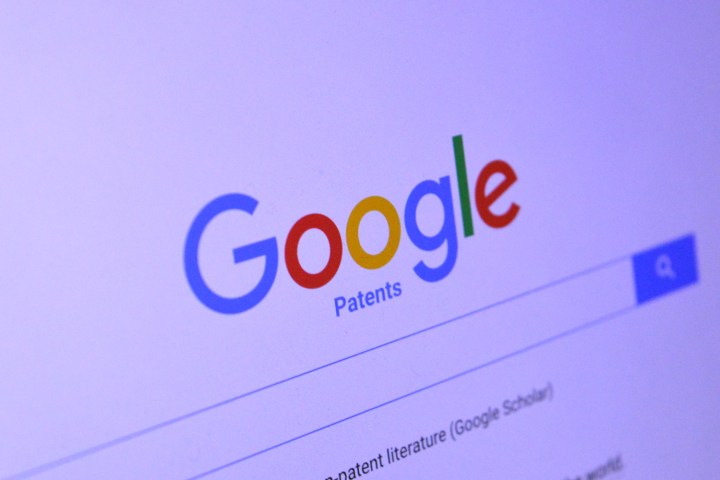
Google Patents was first launched in 2006, and initially only worked in the U.S. It was expanded to cover the European Patent Office in 2012, followed by the World Intellectual Property Organization and the offices for Germany, Canada, and China.
Google Patents was built to help inventors, engineers, and entrepreneurs find out whether they’re inventing something that has already been built before they file a patent for it. It’s a pretty useful tool for those looking to build something new, and is essentially aimed at speeding up the process of creating a new technology.
“A robust prior art search, combining advanced search technology and a patent examiner’s technical expertise, allows an examiner to determine if an invention is new and nonobvious,” said Google in a blog post. “As a result, technology that was already known isn’t taken from the public, and innovative companies won’t be targeted with unnecessary and expensive lawsuits that drain [research and development] resources. Patent holders trying to protect the next groundbreaking invention benefit, too, by gaining more certainty that their patents won’t be invalidated later because of prior art that wasn’t found during examination.”
The new Google Patents expansion is actually the biggest to date. Now, inventors will be able to search through patents filed in the U.K., Japan, South Korea, France, Spain, Belgium, Russia, Finland, Netherlands, Denmark, and Luxembourg. As was already the case, you’ll be able to search through patents both in English and in a patent’s native language, thanks to Google Translate.
Editors' Recommendations
- How to generate AI art right in Google Search
- Apple almost rejected Google for this key Safari feature
- You don’t have to use Bing – Google Search has AI now, too
- Google Chrome gets one of Microsoft Edge’s best features
- Google’s new privacy tool lets you know if your personal info was leaked

